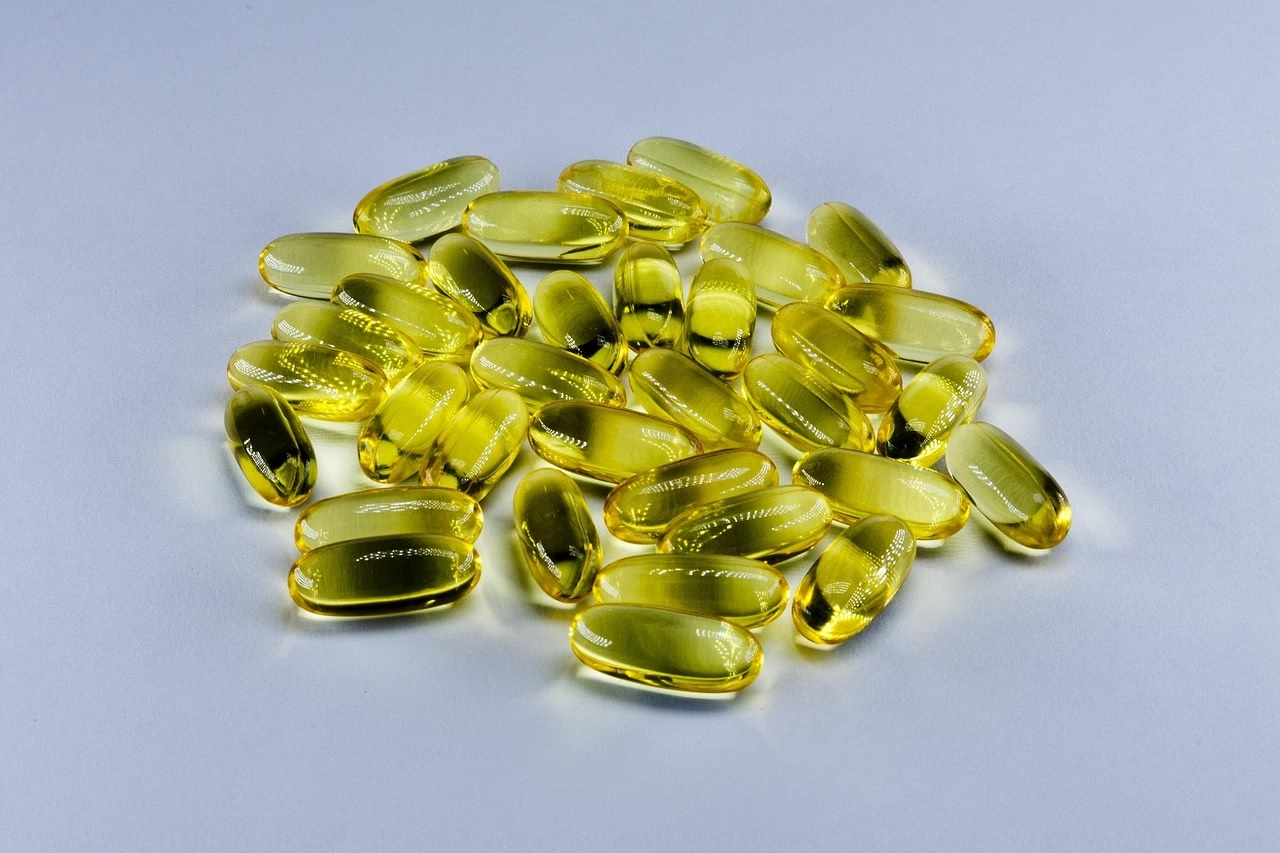“Personalized Nutrition in 2025: How AI and Genetic Testing
June 13, 2025 | by Rachel Bloom

Personalized Nutrition in 2025: How AI and Genetic Testing Are Revolutionizing Diets
As a lifelong wellness enthusiast and medical researcher, I’ve seen nutrition trends come and go. Yet, what I’m witnessing in 2025 feels less like a trend and more like a quiet revolution. For decades, we tried to eat our way to health through broad recommendations—counting calories, following food pyramids, and testing restrictive diets. But the latest science is affirming what many have sensed all along: there is no universal path to well-being. Personalized nutrition, guided by artificial intelligence and genetic testing, cradles us in that truth, offering nourishment tailored uniquely to our biology and lifestyle.
The Science of Individual Differences
No two bodies metabolize food in exactly the same way. While one person thrives on whole grains, another might feel sluggish or even develop chronic inflammation from the same diet. Genetics shape how we process nutrients, how we respond to caffeine or glucose, and even how our bodies handle stress. Until recently, decoding these nuances required a kind of nutritional guesswork. In 2025, AI-powered analytics and affordable genetic testing are ending that era of uncertainty.
How AI and Genetic Testing Work Together
Imagine starting your morning with a cup of tea, opening your nutrition app, and seeing a holistic meal plan that adapts—day by day—based on your genetic blueprint, microbiome, sleep patterns, and even your mood. This isn’t science fiction. AI integrates data from wearable trackers, at-home DNA kits, blood sugar monitors, and detailed food diaries, then compares your information to millions of others in secure health databases. The result is a living nutrition plan: dynamic, responsive, and utterly personal.
- Genetic Testing: Unveils how your body handles carbs, fats, vitamins, and allergens, and uncovers risks for conditions like diabetes or heart disease—all influencing your ideal foods.
- Microbiome Analysis: Reveals the ecosystem of bacteria in your gut, showing which prebiotics or probiotics you may need for better digestion and immunity.
- AI-powered Apps: Constantly adapt recommendations as your body—and your life—change: new workout routines, travel, stress, or aging.
Navigating the Emotional Landscape of Change
With all these promising advances, embracing personalized nutrition isn’t just about science; it’s an act of self-compassion. For many, food is tangled with culture, memory, and emotion. Learning that what nourishes you is beautifully different from what works for others can be an empowering relief, but it may also require unlearning years of diet dogma.
My clients often describe a profound sense of validation when they discover that their struggles were not a lack of willpower, but a mismatch between their biology and “one-size-fits-all” advice. AI and genetic insights can become gentle guides, encouraging mindful curiosity rather than rigid perfectionism.
Practical Wisdom: Honoring Your Unique Path
If you’re considering embarking on this personalized journey, start with patience and presence. Data and recommendations are tools, not commandments. True wellness emerges when you combine external guidance with self-awareness. Notice how different foods feel in your body, the ebb and flow of your energy, and the joy (or discomfort) inspired by meals. Check in often—with both your technology and your heart.
As we step into this era, may we celebrate our individuality, lean on technology as a compassionate ally, and remind ourselves that genuine health is not a destination, but a living, evolving relationship with ourselves. In 2025, food is no longer just fuel—it’s an ongoing conversation between our deepest needs and the advancements of science. I’m grateful to witness, and help guide, this beautiful revolution.
Dr. Rachel Bloom

RELATED POSTS
View all



